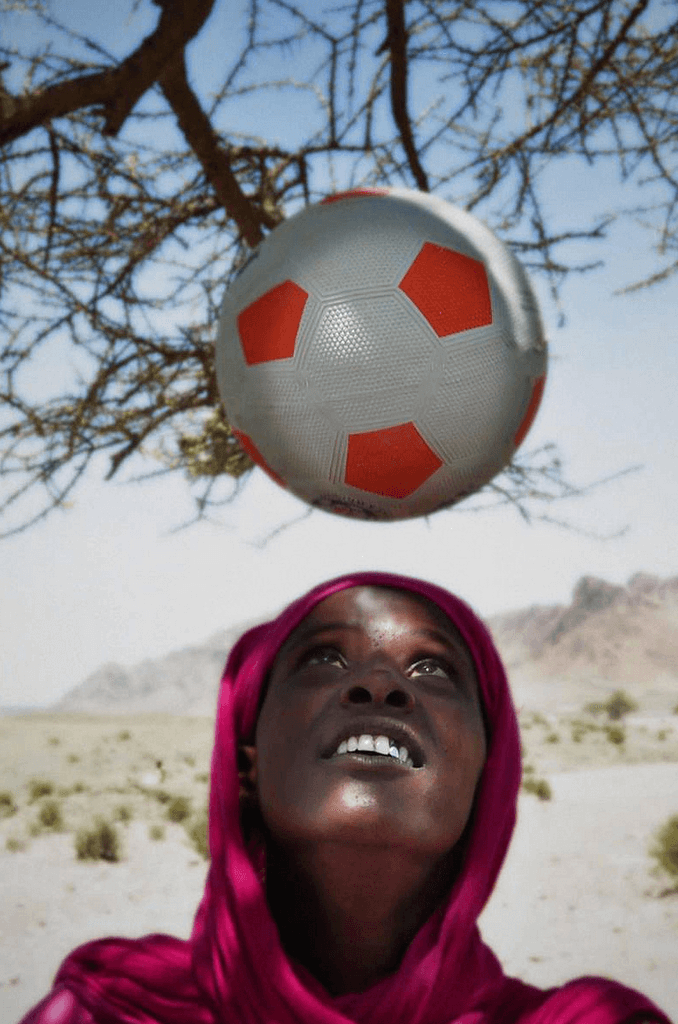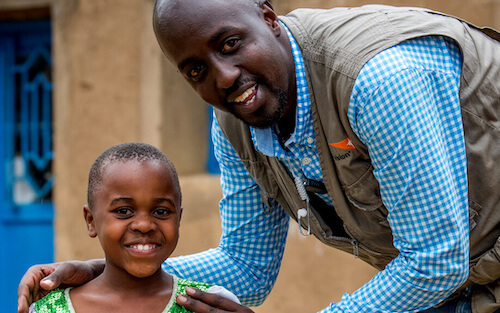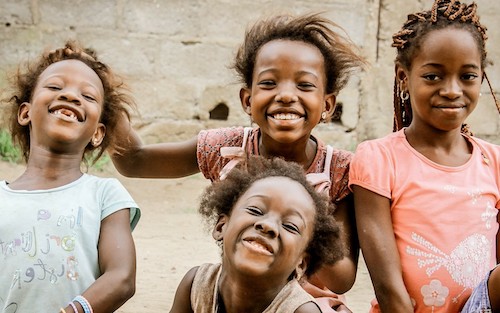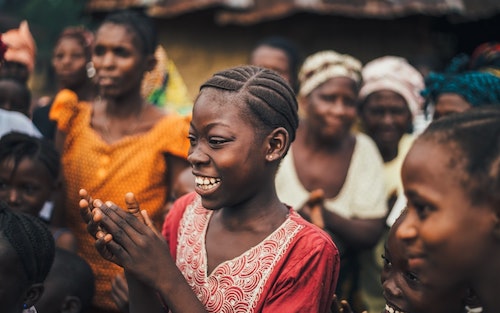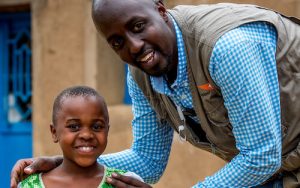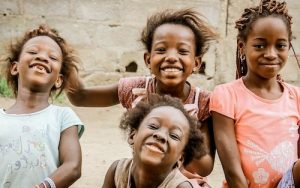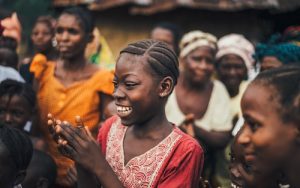More than a game: Education through Football
Football remains the most popular sport in the world. The women’s game is the fastest growing team sport in the world.
While it may no longer be referred to as The People’s Game as often as it was in the nineteenth and early twentieth century, its popularity worldwide makes it a valuable educational tool around which other things can be built. We refer to initiatives where other forces such as education use football as a means to an end rather than a football end in and of itself.
We improve the lives of children from disadvantaged backgrounds in African countries. Our programme aims to leverage the power of sport, particularly football, to help achieve several of the Sustainable Development Goals (education, health, gender equality, reduced inequalities and peace)
Unleash the social impact of sport.
Our Goals
1) improve health and prevent delinquency using football as a prevention and development tool for at-risk children
2) boost ethnic integration, particularly in rural areas, using football as an educational tool for peace
3) provide assistance to street children in rural areas
4) promote gender equality to reduce poverty among women
Activities
1) Organisation of weekly football training sessions for every child
2) Production of a specific methodological summary based on the knowledge of local partners and the experience of our partners regarding sport’s social impact
3) Use of our methodology to promote children’s right to play, with a focus on young people’s education, personal development and health protection
4) Arrangement of transnational meetings to share experiences and create a strong network between African countries, with the aim of lowering barriers and taking advantage of intercultural capacities
We support teacher training and better allocation of teachers within countries
The social impact
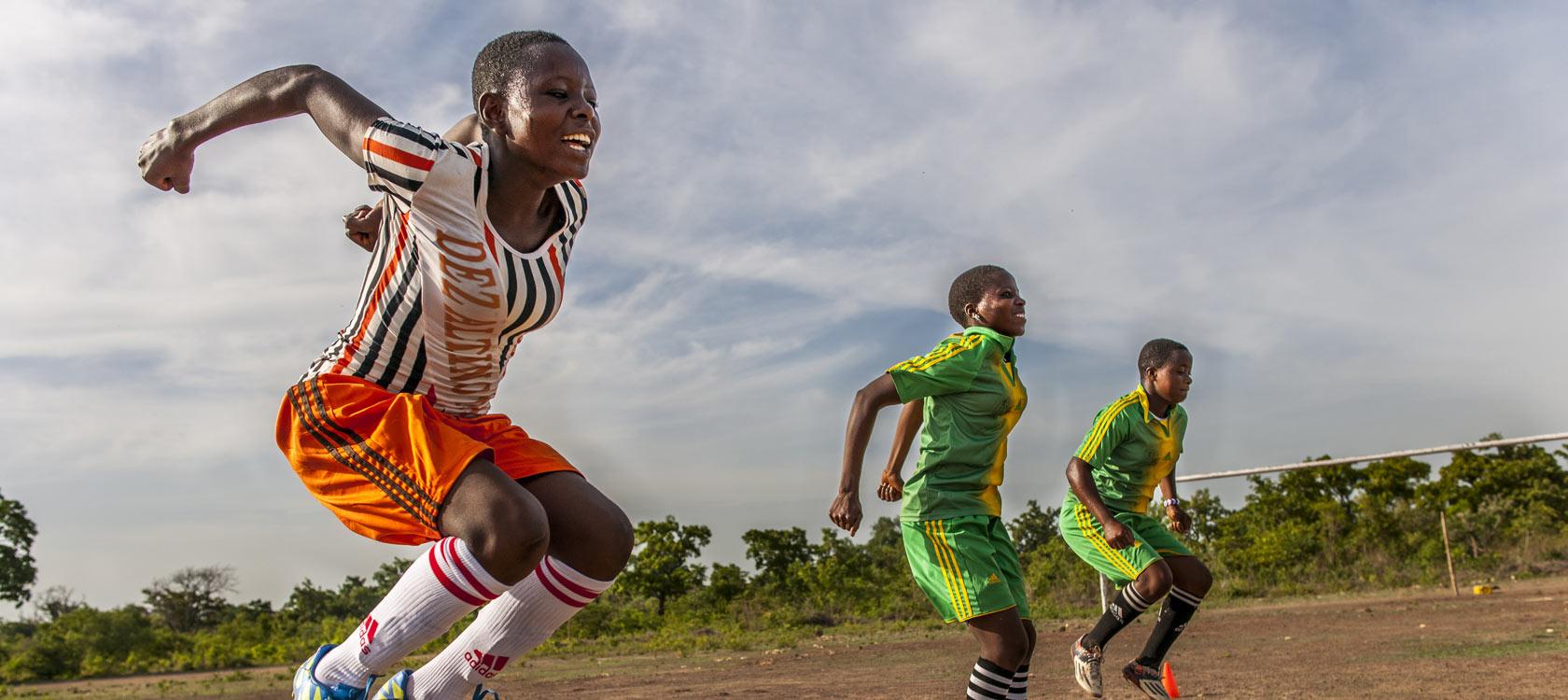
The urgency of social needs forces us today to unlock the social impact potential of sport. The scale of these needs invites us to create collective solutions and to conceive new logics of coalitions between NGOs, (social) enterprises, public actors, etc.
The 17 goals of sustainable development have been adopted by the United Nations for the 2030 horizon. They set themselves to meet objectives such as access to education for all, the eradication of poverty and the preservation of the planet.
3 levers of action
1. Social innovation and pedagogy
Co-create the most effective educational content possible, model and accelerate new solutions, develop action-research and action-research: the heart of this ecosystem relies on the identification, creation and massive diffusion of tools and practical solutions in the field by education, social action and humanitarian actors.
2. The impact on the field
The second lever is based on engineering projects with priority audiences and within territories where the potential for impact can be maximised. It is a question of deploying these solutions with the existing actors of ground in a logic of decompartmentalization, of operational and educational continuity.
3. The advocacy
We want to contribute to the change of perception of the sport. This is the meaning of our advocacy: we must unleash the potential for social impact of sport. It’s about demonstrating the relevance of our collective actions, to create a stronger link between the world of research and field workers, or to integrate socio-sporting tools into the initial and continuous training of a maximum of education professionals.
